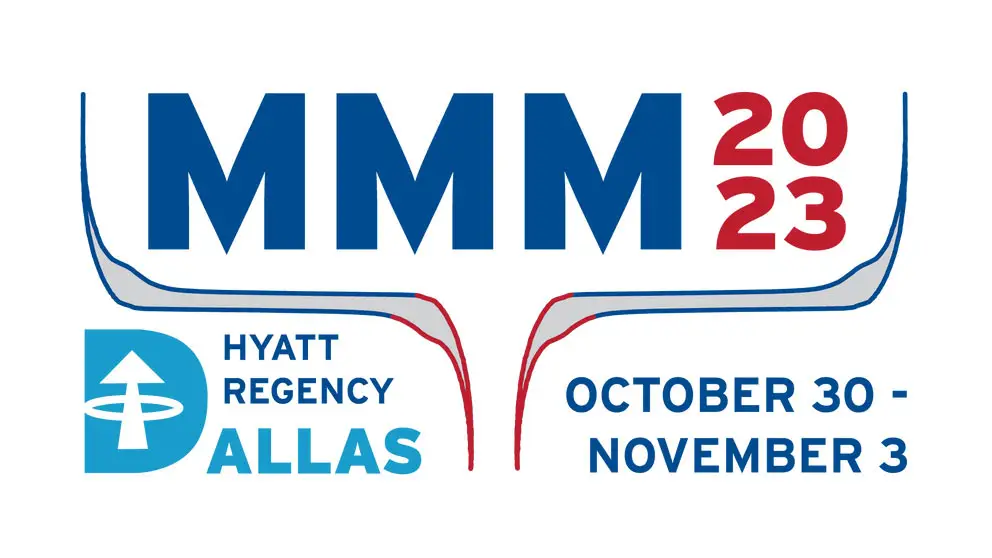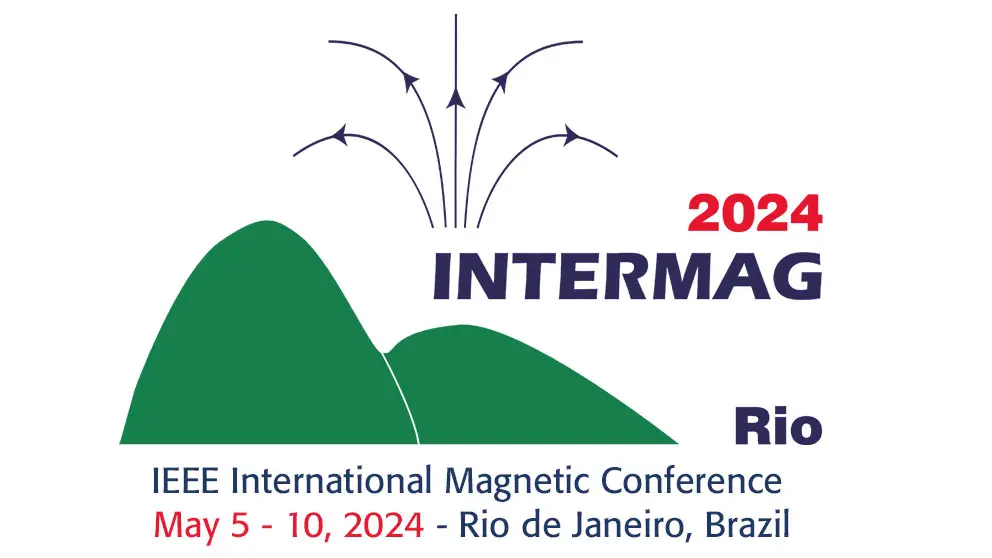VP12-18: A reconfigurable bipolar coil for wireless charging systems with interoperability and misalignment tolerance characteristics
Chao Liu、Mingzhu Zhou、Yiming Zhang
Poster Virtual Only
29 Oct 2023
Electric vehicles (EVs), as an emerging means of transportation, can be charged via wireless power transfer (WPT) technology. There are many different coil types in EV wireless charging systems and each coil type may not be tolerant with the others, leading to the interoperability issue. Also, the misalignment between the transmitting and receiving coils can happen when parking. The issues of interoperability and misalignment tolerance for EV wireless charging need urgent care. To eliminate these problems, a reconfigurable bipolar coil structure with both interoperability and misalignment tolerance is proposed in this work. Based on the conventional bipolar coil and solenoid coil structures, a reconfigurable bipolar coil structure is built as shown in Fig. 1. The wires at different positions are shuttled up and down on the ferrite plate in a solenoid-like manner to form a bipolar coil-like structure. A longitudinal bipolar coil structure and a transverse bipolar coil structure can be formed by changing the current conduction and flow direction within the coils at different positions, as shown in Fig. 1(a) and (b), respectively. In order to further verify the interoperability and anti-divergence characteristics of the coupling structure proposed in this study, an experimental prototype was built on the basis of the LCC-S topology, and the topology diagram used is shown in Fig. 1(c). Base on the above theoretical study and the superiority of LCC-S topology, an experimental prototype with a power of 500W is built to verify it. The designed coupling mechanism size of the prototype is 200mm×200mm, so that the experimental misalignment range is defined as [-140mm,140mm]. The structure of the simulation experiment is shown in Fig. 2, where Fig. 2(a) shows the effect of output power and transmission efficiency with offset corresponding to Fig. 1(a); Fig. 2(b) shows the effect of output power and transmission efficiency with offset corresponding to Fig. 1(b). The effectiveness of the proposed reconfigurable bipolar coil is finally verified through calculations, simulations and experiments.References: [1] Y. Zhang, W. Pan, H. Wang, "Interoperability study of wireless charging system with unipolar and bipolar coils based on capacitor–inductor–capacitor–capacitor–series topology," Energy Reports, vol. 8, pp. 405-411, Aug. 2018. [2] K. Song, Y. Lan, R. Wei, G. Yang, F. Yang, W. Li, J. Jiang, C. Zhu, and Y. Li, "A control strategy for wireless EV charging system to improve weak coupling output based on variable inductor and capacitor," IEEE Trans. Power Electron., vol. 37, no. 10, pp. 12853-12864, Oct. 2022. [3] Y. Zhang, S. Chen, X. Li, and Y. Tang, "Design methodology of free-positioning nonoverlapping wireless charging for consumer electronics based on antiparallel windings," IEEE Trans. Ind. Electron., vol. 69, no. 1, pp. 825-834, Jan. 2022. [4] Y. Zhang, Y. Wu, Z. Shen, W. Pan, H. Wang, J. Dong, X. Mao, X. Liu, “Integration of onboard charger and wireless charging system for electric vehicles with shared coupler, compensation, and rectifier”, IEEE Trans. Ind. Electron., vol. 70, no. 7, pp. 7511-7514, Jul. 2023. [5] G. Yang, K. Song, X. Huang, C. Wang, X. Huang, J. Li, C. Zhu, "Improved interoperability evaluation method for wireless charging systems based on interface impedance," IEEE Trans. Power Electron., vol. 36, no. 8, pp. 8588-8592, Aug. 2021. [6] Y. Chen, B. Yang, Z. Kou, Z. He, G. Cao and R. Mai, "Hybrid and Reconfigurable IPT Systems With High-Misalignment Tolerance for Constant-Current and Constant-Voltage Battery Charging," IEEE Trans. Power Electron., vol. 33, no. 10, pp. 8259-8269, Oct. 2018. [7] G. Yang, K. Song, Y. Sun, X. Huang, J. Li, Y. Guo, H. Zhang, Q. Zhang, R. Lu, C. Zhu, "Interoperability improvement for rectangular pad and DD pad of wireless electric vehicle charging system based on adaptive position adjustment," IEEE Trans. Ind. Appl., vol. 57, no. 3, pp. 2613-2624, Mar. 2021. [8] F. Grazian, T. B. Soeiro and P. Bauer, "Inductive power transfer based on variable compensation capacitance to achieve an EV charging profile with constant optimum load," IEEE J. Emerg. Sel. Topics Power Electron., vol. 11, no. 1, pp. 1230-1244, Feb. 2023.


